The American Revolution was more than just a war; it was a policial and social upheaval with ramifications that continue to affect the world today. Although the war itself took place from 1775 to 1783, many events led up to the Revolution that should not be overlooked.
This American Revolution timeline is not definitive, but it does outline the key political events, initiatives and battles that should serve as a good starting point for further research.
[text_ad]
1760 to 1770: King George Takes the Throne
1760 – King George II dies on October 25, and is succeeded by his grandson, George III.
1763 – The Treaty of Paris officially ends the French and Indian War. George begins to enact a series of taxes that would in part foreverchange the relationship between the Colonies and Great Britain. Chief among them are the Sugar Act and the Currency Act.
1765 – the Stamp Act is passed to help pay for the cost of maintaining troops in the Colonies. Parliament then enacts the Quartering Act, requiring colonies to provide housing, food and other provisions for British troops. For failing to comply with the new law, Parliament suspends the New York legislature.
1766 – Parliament repeals the Stamp Act, but signs into law the Declaratory Act, asserting that it has “the full power and authority to make laws and statutes … to bind the colonies and people of America … in all cases whatsoever”.
1767 – The Townshend Acts are passed, placing taxes on glass, paint, lead, paper and tea.
1768 to 1773: Prelude to the American Revolution
1768 – A British warship sails into Boston harbor after several customs commissioners sent out a call for help. The commissioners claimed they were being constantly harassed by Bostonians.
1770 – the Boston Massacre occurs March 5, followed by the Gaspée Affair one month later.
1773 – Parliament signs the Tea Act, which was intended to give financial support to the East India Company.
1774: The Revolution Begins to Take Hold
March-June – Parliament then signs a series of what the Colonists would refer to as the “Intolerable Acts“: punitive laws that were meant to punish the citizens of Massachusetts for their defiance. These include the Boston Port Act, the Administration of Justice Act, the Massachusetts Government Act, the Second Quartering Act and the Quebec Act.
September – The First Continental Congress meets in Philadelphia.
1775: One Last Attempt at Peace
April – the Battles of Lexington and Concord, as well as the Siege of Boston, further exacerbate relations between Great Britain and the Colonies.
May – Ethan Allen, Benedict Arnold and the Green Mountain Boys take Fort Ticonderoga.
June – the Battle of Bunker Hill all but ensures all-out war between New England and Great Britain.
July – Adopted by the Second Continental Congress, and Olive Branch Petition was sent to King George, which was the final attempt by the Colonial leadership to prevent all-out war with their mother country. It was rejected.
1776: The American Revolution in Full Swing
January – Thomas Paine publishes “Common Sense”
March – The Battle of Nassau is soon followed by the Battle of Turtle Gut Inlet a month and a half later.
July – The Second Continental Congress enacts the Declaration of Independence.
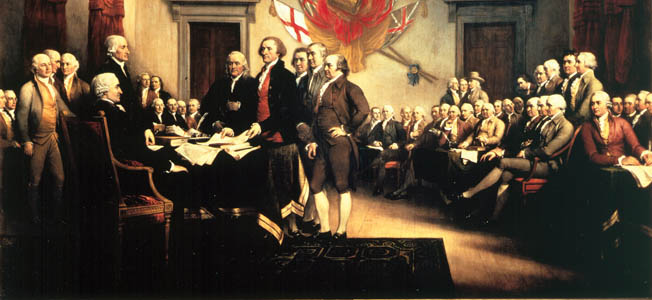

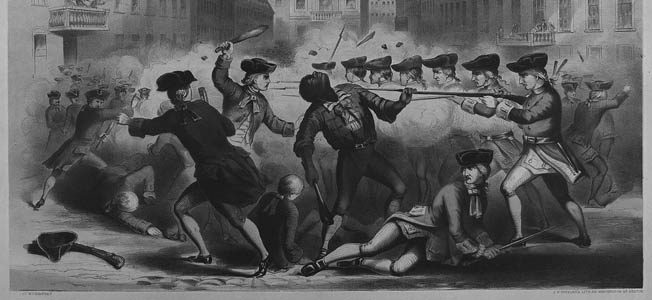

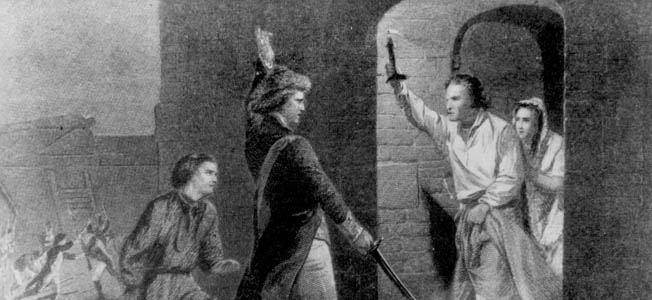






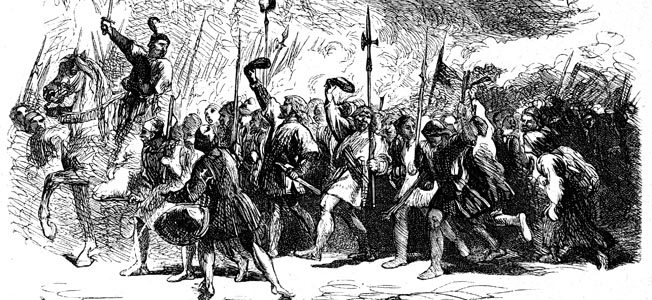
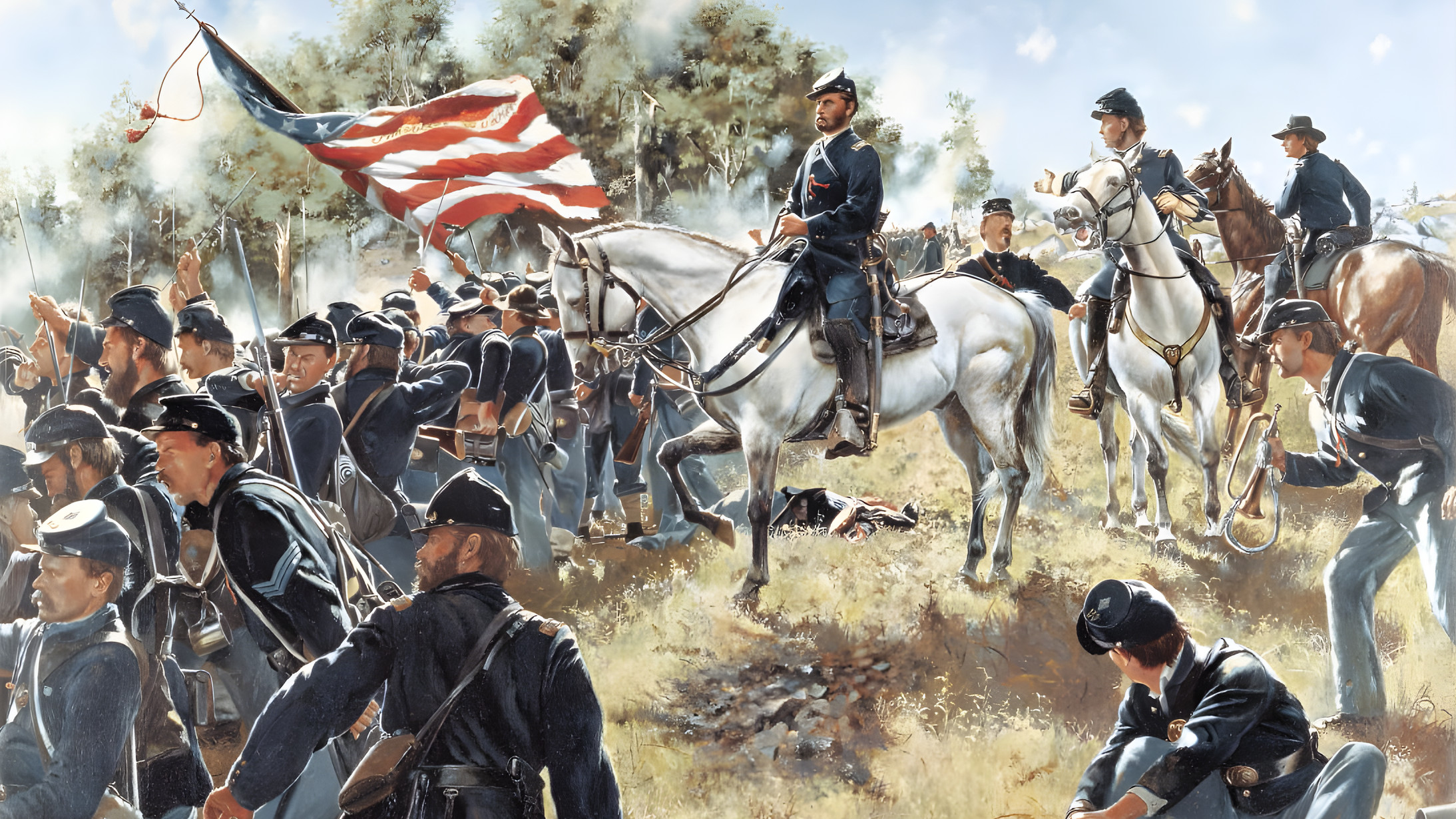

Join The Conversation
Comments
View All Comments